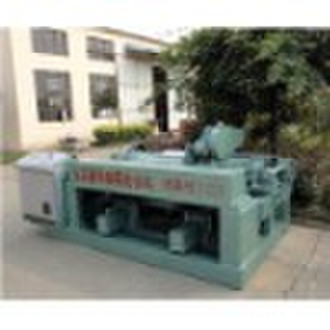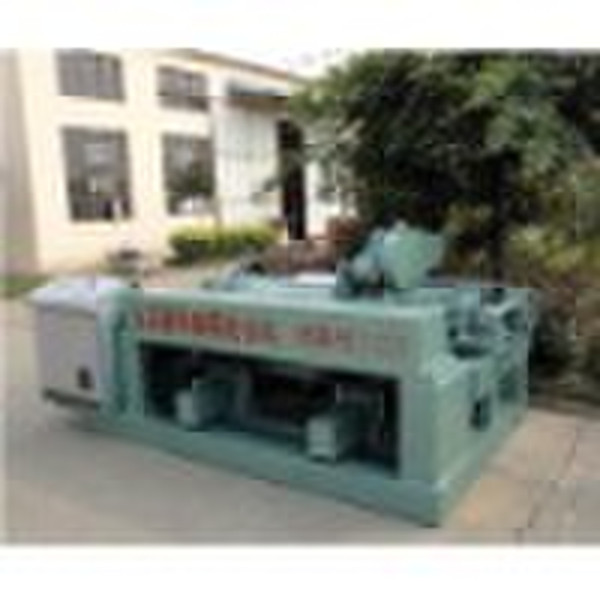CNC木材削机

gary gu
联系人姓名
基本信息
| 出生地 | Shandong China (Mainland) |
|---|---|
| 牌子的名字 | RUIHAO |
| 模式的数量 | SWK130 |
Main functions and features: CNC spindleless veneer rotary lathe is a device, which can rotary cut the man-straightened logs or wood core cut by spindle veneer rotary lathe into veneer. It has two fixed rollers. By moving horizontally with the push of two screw rods, the knife-lock can adjust the moving direction of guide following a shape of rectangle. The use of advanced numerical system can figure out the feeding speed and make sure same thickness based on log diameters, friction roller rolling speed and veneer thickness required and other parameters. Besides, the knife lock can adjust the structure of the gap between single row and rotary knife automatically. (Seam self-adjustment) Comparing with similar devices, this equipment with the above structure has the features as followed: Large thickness adjustment ranges and simple, easy and practical adjusting. Even veneer thickness. Digital displaying the operation processes, providing simple adjusting data. Perfect protection and open phase protection and over-burden alert function. Seam self-adjustment function, enhanced veneer smoothness. Pushed with screw rods, little breaks and none unusual fan-shaped veneer. Closed structure, reliable functions, easy operation and high efficient production. Product technical specification: Log dimension processing(DxL): 350x1400 mm, 180x1400 mm Veneer thickness range: 0.5-2.6 mm Rotary knife specification(LxWxT):1400x130x12.7 mm Rotary cutting log specification(DxL):340x1300 mm, 240x1300 mm The smallest diameter core: 28 mm;18mm Arc length of rotary knife(mm):polysius29-31; peal polishing34-36 Wire speed of friction roller(m/s):26-30 Reference output: 30 m3/day Power: double-roller engine 1pc x 4.4kw-4, 380V-50Hz 3phase Single-roller engine 1pc x 4.4kw-4, 380V-50Hz 3phase Feeding engine 1pc x 4kw-4, 380V-50Hz 3phase Applied voltage ranges:3phase 380V±20%(other voltage and rates can be customerized) Product dimension: 2700x1700x1250 mm Weight: 2.6 t Remark: When the product is improved, the appearance and the indexes should be standardized according to the physical goods.
交货条款及包装
Packaging Detail: In nuide,4 sets/20' container Delivery Detail: 7days
端口: Qingdao
付款条款
Letter of credit
Telegraphic transfer
-
支付方式
我们接受:









